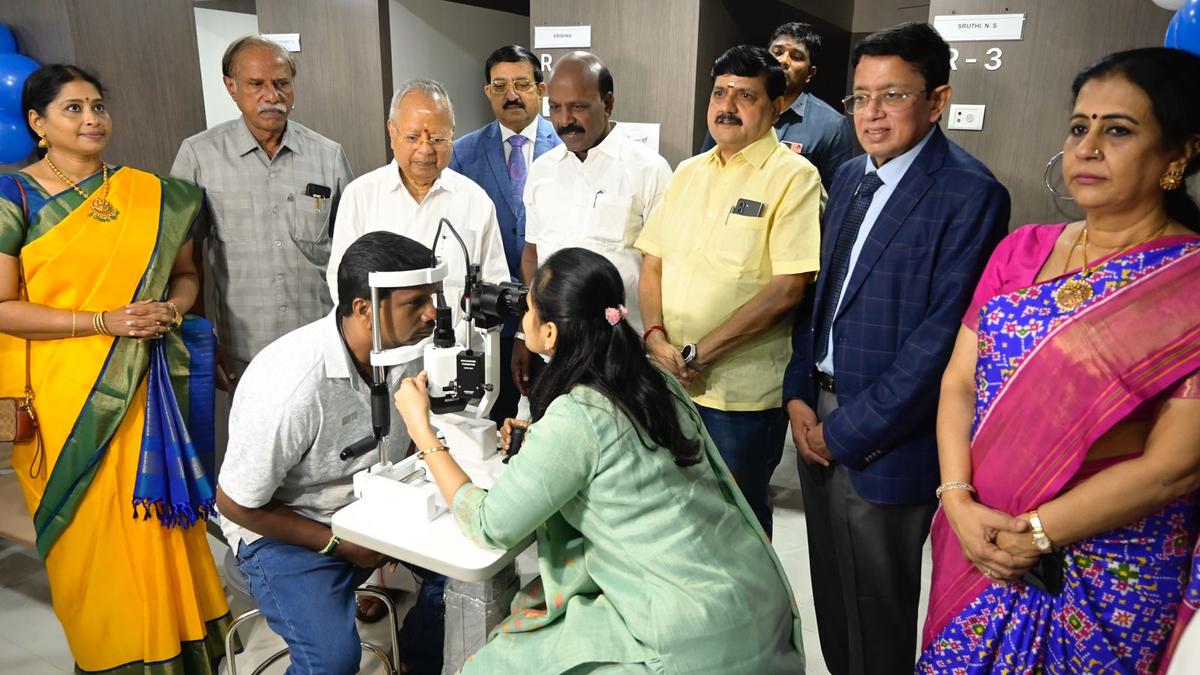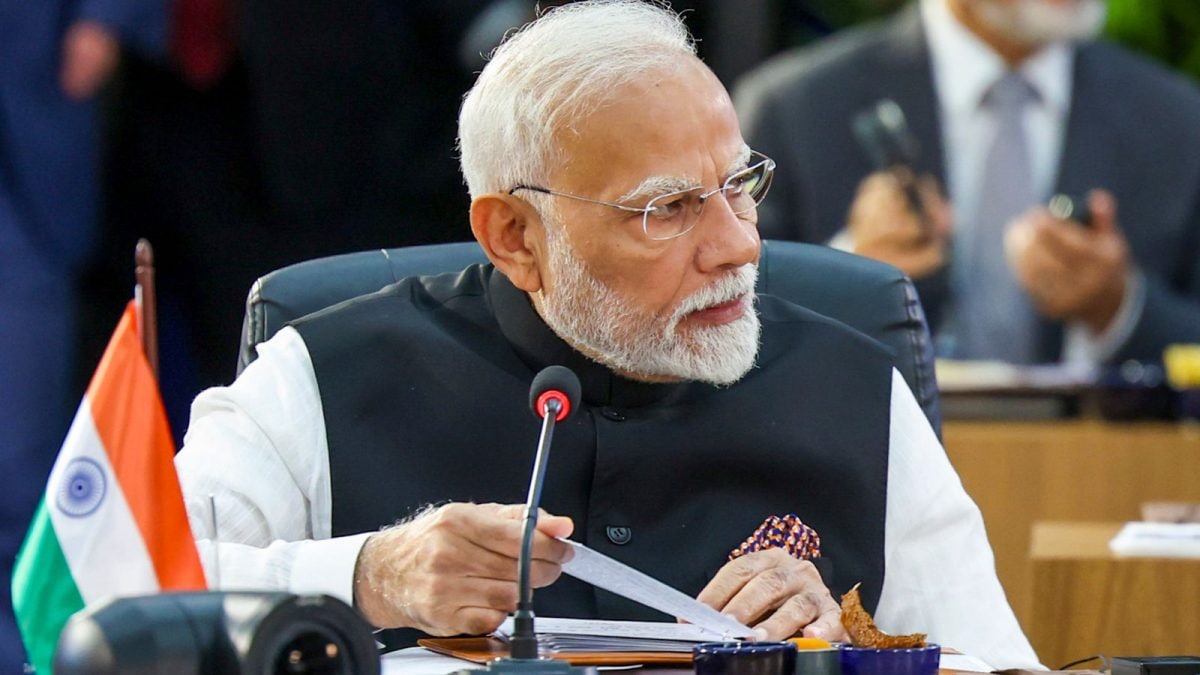The Fifth Tamil Nadu Police Commission has called for stringent disciplinary action against abuse of authority, especially brutal handling of suspects.
In its final report submitted to Tamil Nadu Chief Minister M.K Stalin, recently the Commission called for quick internal investigation and immediate disciplinary action when police personnel resorted to abuse of power relating to verbal abuse, non-registration of genuine cases, foisting of false cases, wrongful detentions/arrests, biased/unfair investigation and selective enforcement of law.

Though the State Government is yet to table the recommendations in the Legislative Assembly or spell out its stand on implementing the same, the recommendations assume significance in the backdrop of the custodial death of B. Ajith Kumar in Sivaganga district who died after being picked by a special police team and interrogated in connection with a theft case.
While post-mortem revealed multiple injuries on his body, it is not clear whether the interrogation was done on the basis of a case (FIR) or arbitrarily. The incident drew condemnations from various political parties and sharp criticism from the civil society.
The commission, headed by former Judge of the Madras High Court C.T. Selvam and top serving and retired bureaucrats of the Tamil Nadu government, laid emphasis on the strict implementation of the arrest guidelines issued by the Supreme Court in the Arnesh Kumar versus the State of Bihar to reduce the number of avoidable arrests. Senior-level officers should monitor the genuineness and necessity of arrests made by field level officers on a day-to-day basis.
Death in custody
The commission said all cases of custodial death should be acted upon “immediately without loss of time.” If the preliminary enquiry revealed prima facie evidence for custodial violence resulting in death, the case should be promptly handed over to CB CID and immediate disciplinary/criminal proceedings initiated against the concerned officials.

The panel said women, children, sick people and those under the influence of alcohol should never be brought to the police stations. Medical examination of all the accused persons should be carried out compulsorily and further steps taken on the results of examination. Suspects should be detained only in police stations with lock-up facilities.
“Once a person is detained, he should be protected by posting sufficient number of personnel. Complaints from crime victims regarding negligent or biased investigation should be thoroughly enquired into by officers of the rank of Additional Superintendent of Police.”
False cases
The commission said instances of false implication of innocent individuals should be strictly dealt with. If the disciplinary authorities themselves were implicated in such activities, the CBCID should be assigned investigation of those cases.
On enhancing the image of the police, the report said police should be trained to be friendlier and more accessible to the people

Frequent competitions between police and public, celebration of festivals and police participation in school/college functions should be encouraged. The report said counselling classes should be conducted.
Identify alcoholics
Early identification of police personnel addicted to alcohol/ substance abuse and sending them to treatment would promote well-being and better behaviour towards the public.
As part of the training at the induction level, steps should be taken to sensitise the force to recognise the value of life irrespective of economic status. “There is a need for the police to improve their relationship towards gaining public trust and this will help them to excel in work.”



.png)
.png)
.png)
















 4 hours ago
3
4 hours ago
3








 English (US) ·
English (US) ·